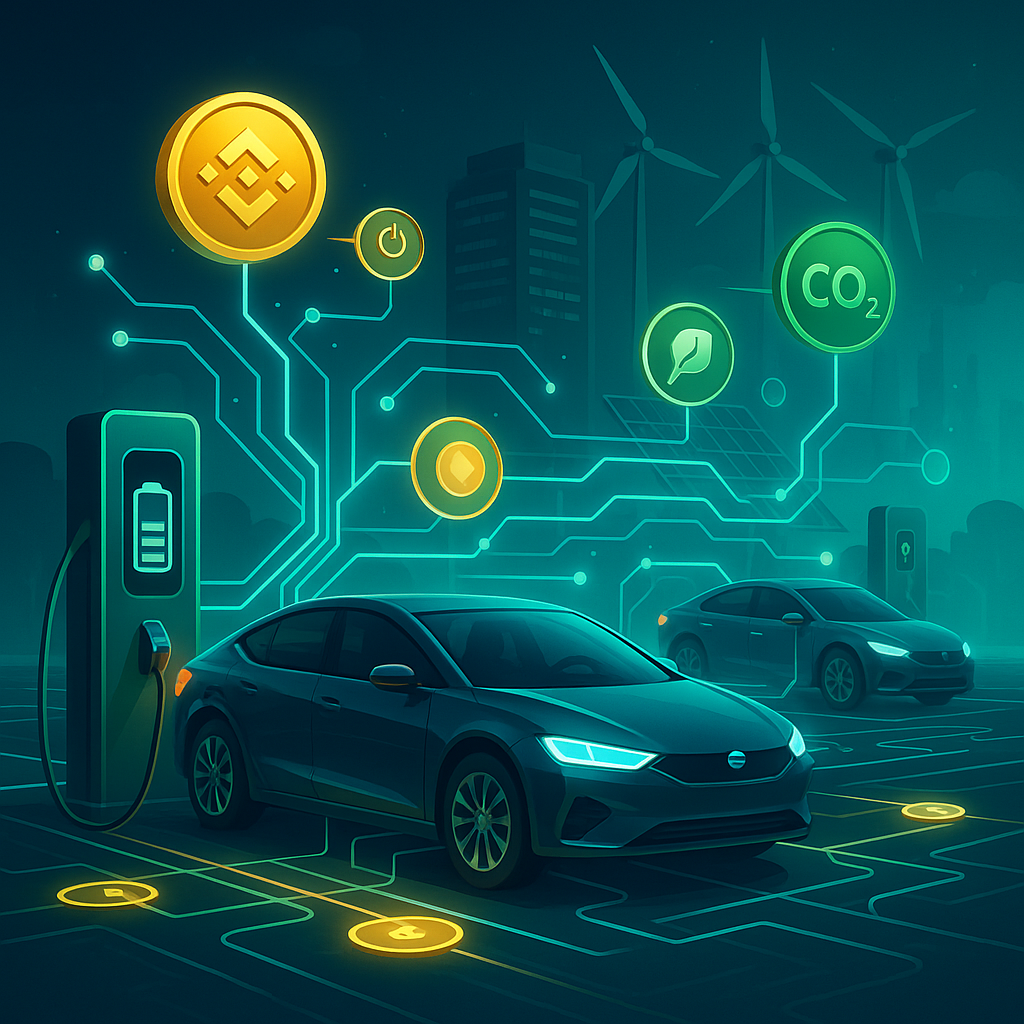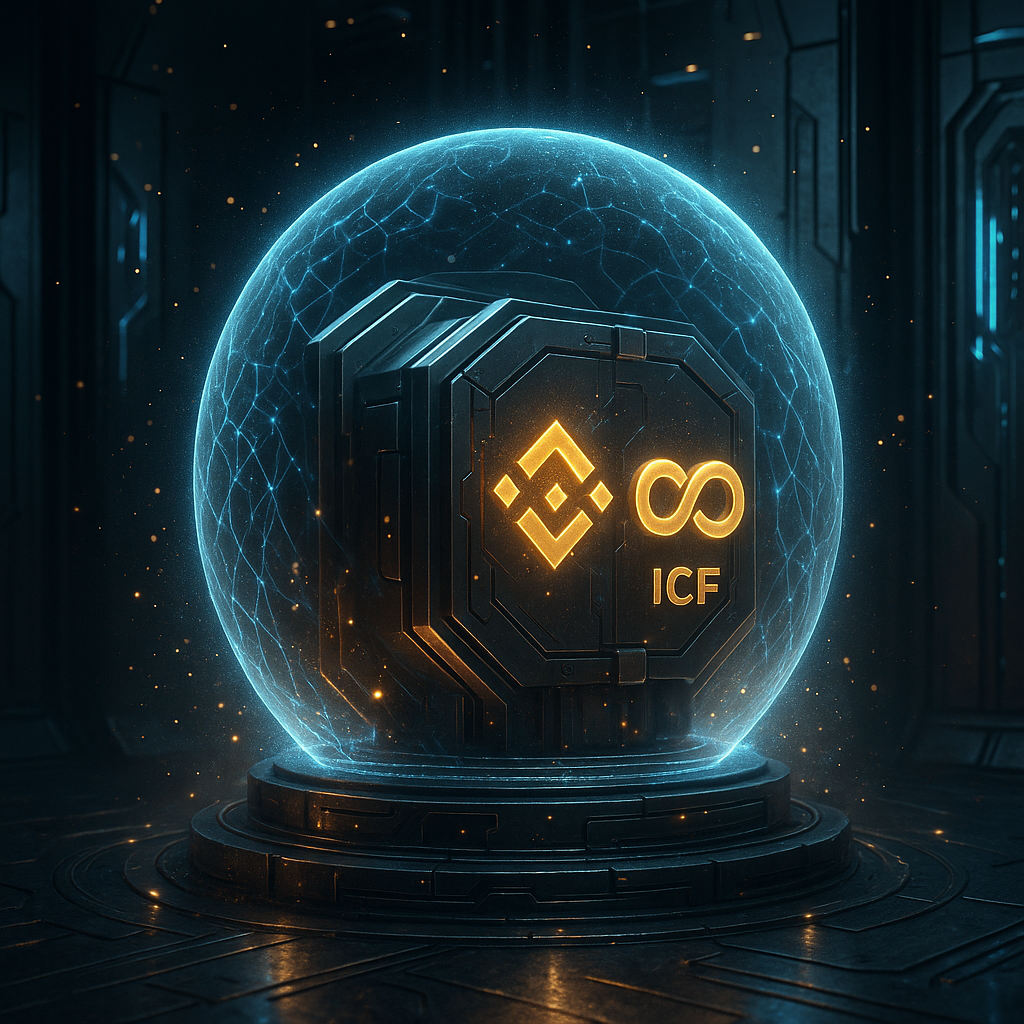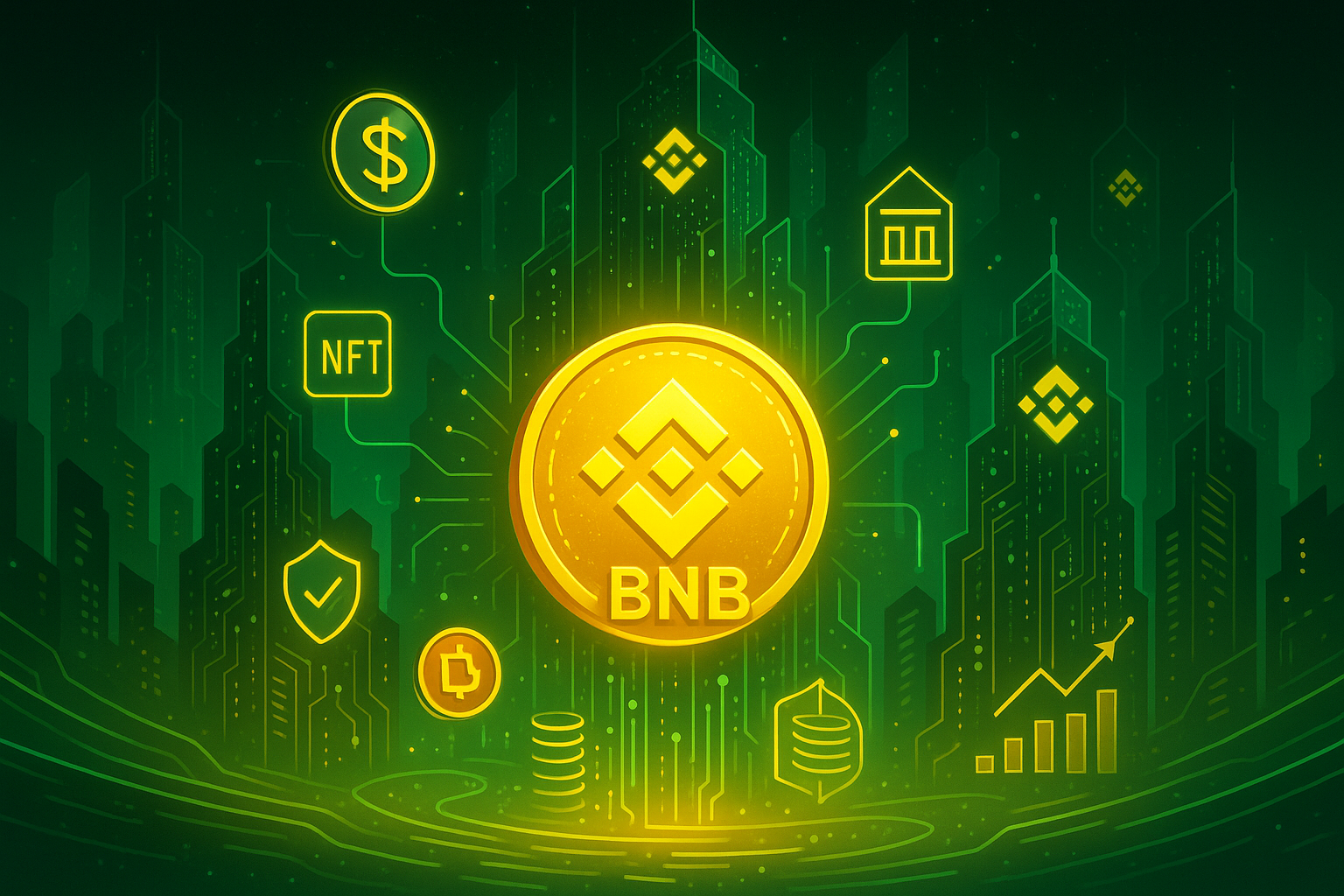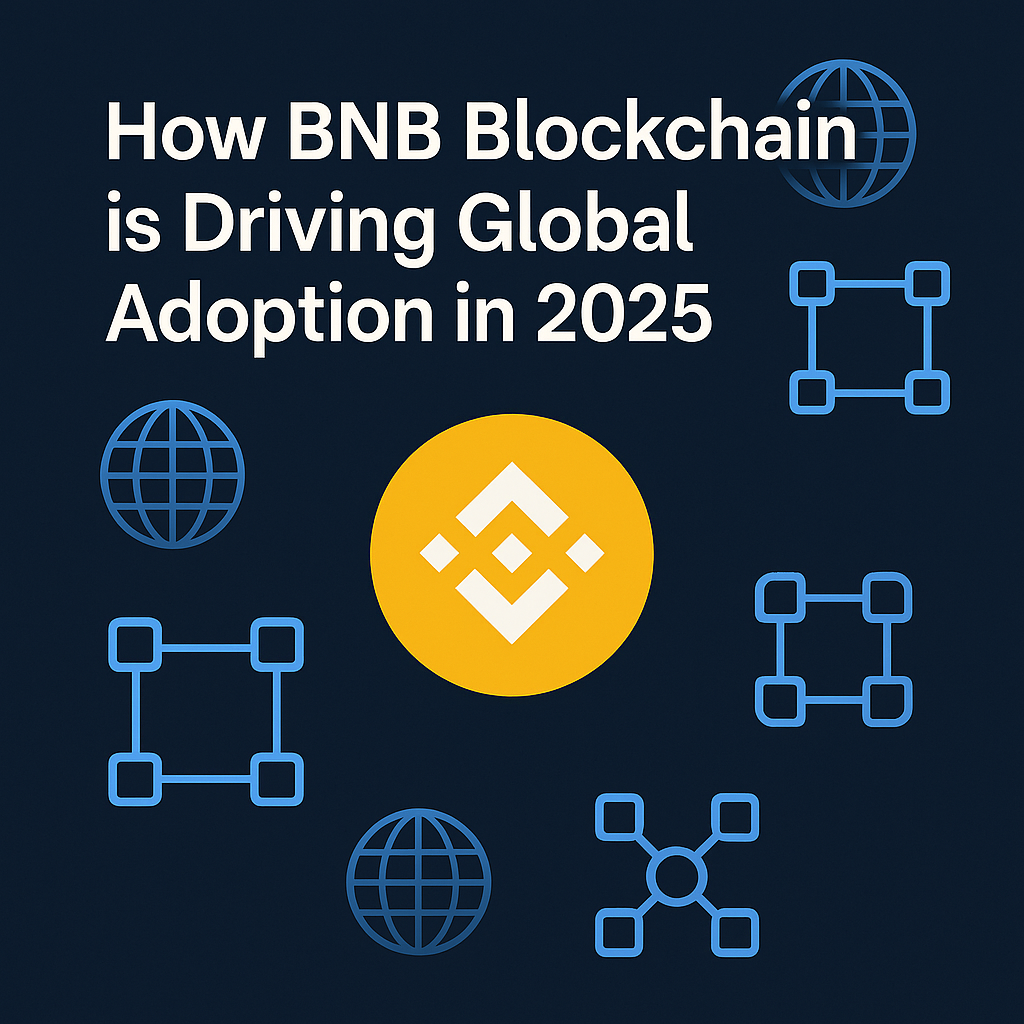
1. The Rise of Smart Mobility on BNB Chain
The global electric mobility sector is undergoing a digital awakening. BNB Chain’s scalable infrastructure enables real-time vehicle data verification, peer-to-peer energy sharing, and token-based payments for EV charging stations. Through smart contracts, each vehicle becomes a decentralized data node—contributing to an intelligent transportation network that connects users, service providers, and regulators transparently.
This technological leap removes the inefficiencies of centralized transport systems and creates a programmable environment for autonomous transactions. By integrating oracles, IoT sensors, and BNB Chain smart contracts, manufacturers and mobility startups can tokenize vehicle identities, usage data, and even carbon footprints.
2. Tokenization of EV Assets and Charging Infrastructure
Tokenization turns tangible EV infrastructure—such as charging stations, battery packs, and fleet ownership—into digital assets represented on-chain. Investors can purchase fractional tokens representing a share in an energy grid, while consumers earn green credits by using eco-friendly vehicles. These tokens can be traded, staked, or redeemed for real-world incentives, unlocking new liquidity streams in the energy economy.
BNB Chain’s interoperability ensures these tokenized assets can integrate seamlessly with other blockchains, expanding accessibility and reducing entry barriers for global participants. Infinity Cardano (ICF) adds a crucial layer of sustainability here through its focus on green energy, staking utilities, and decentralized DAO participation.
3. How Infinity Cardano (ICF) Integrates with Smart Mobility
ICF represents a next-generation utility token built for real-world applications. With a total supply of 1 Billion ICF, it supports multi-sector utilities including staking, DAO governance, NFTs, agriculture, green energy, education, and e-commerce. Its environmental orientation and community-driven model align perfectly with the EV ecosystem’s sustainability goals.
- Staking Rewards: EV data or carbon tokens can be staked in ICF’s ecosystem for yield-based incentives.
- DAO Voting: EV community members can propose sustainable energy partnerships via ICF’s DAO governance.
- Green Energy Integration: ICF’s focus on renewable projects supports EV charging infrastructure tokenization models.
- Education & Awareness: Through ICF’s educational modules, users learn how blockchain advances clean transportation.
These synergies establish a dual-chain relationship between Cardano’s sustainability principles and BNB Chain’s speed and scalability — creating a unified smart mobility stack for the future.
4. Economic Models of EV Tokenization
a. Ownership Tokens
EV manufacturers or leasing firms can issue tokens representing ownership rights to fleets or individual vehicles. Each token can reflect maintenance data, insurance validity, or resale potential, improving market transparency.
b. Charging Tokens
Charging stations can accept tokenized payments, using BNB or ICF-backed stable assets for real-time settlements. Vehicle owners can pay micro-fees for charging sessions, while operators earn from network liquidity.
c. Carbon Credit Tokens
Eco-friendly driving can generate tokenized carbon credits that are redeemable within ICF’s green ecosystem. This enables a measurable and tradable approach to carbon neutrality.
5. The ICF Advantage in Sustainable EV Financing
With liquidity locked until 2027 and an adjustable tax (0–3%) mechanism allocated for marketing, treasury, and burn, Infinity Cardano ensures long-term investor protection. Its TGE on December 25, 2025 aligns with the timeline of global EV policy adoption, positioning ICF as a financial gateway for sustainable automotive innovation.
Through cross-chain integration, EV projects built on BNB Chain can tap into ICF’s staking economy, DAO funding rounds, or educational outreach to accelerate green adoption. This fusion drives a shared mission—empowering decentralized, transparent, and environmentally responsible mobility systems.
6. Challenges and Future Outlook
Despite remarkable progress, regulatory clarity and infrastructure standardization remain challenges for mass EV tokenization. BNB Chain’s open developer ecosystem, combined with ICF’s transparent governance model, can bridge these gaps by ensuring verifiable energy data, compliant asset issuance, and community oversight.
The convergence of blockchain and electric mobility isn’t just a tech trend—it’s the blueprint of a sustainable digital civilization.
As decentralized energy and transport ecosystems mature, ICF and BNB Chain will redefine how we perceive ownership, reward, and responsibility in the 21st-century mobility economy.








